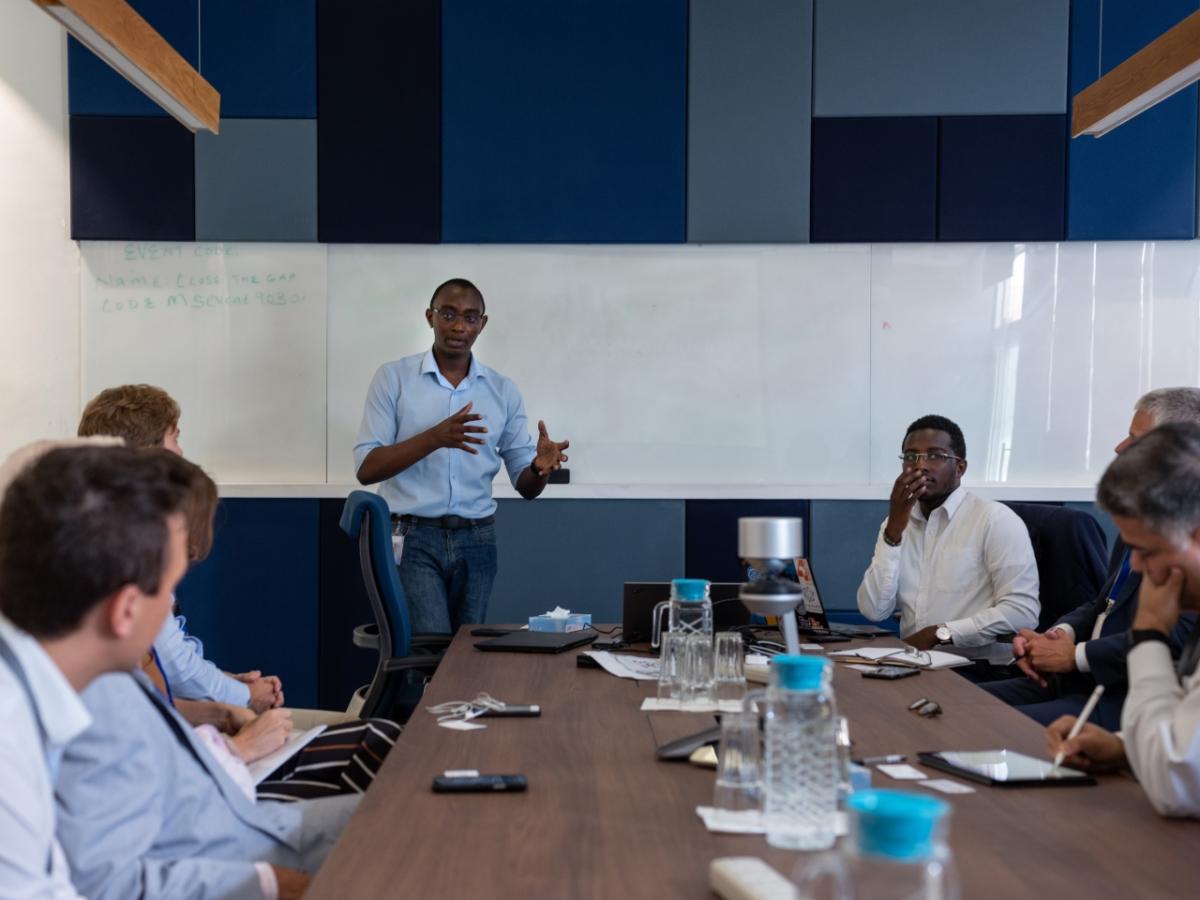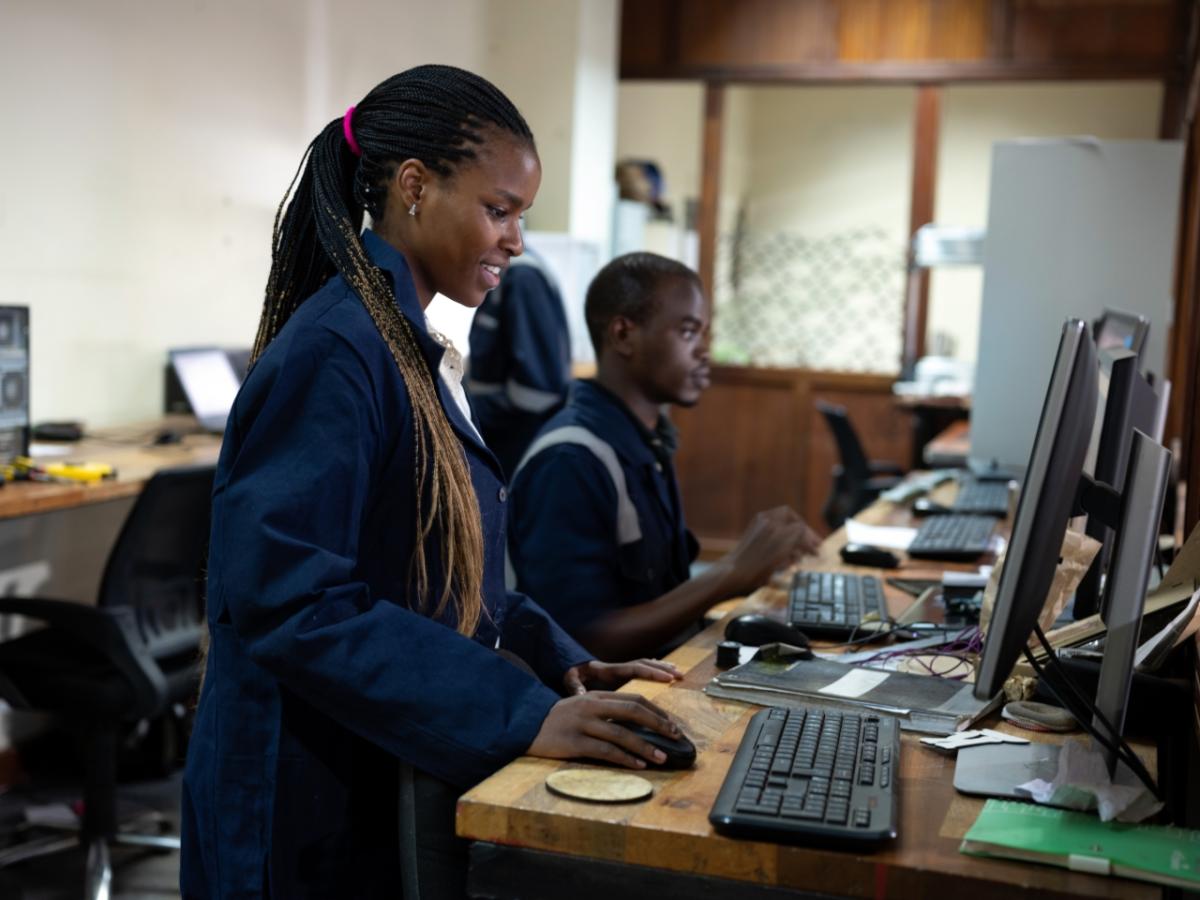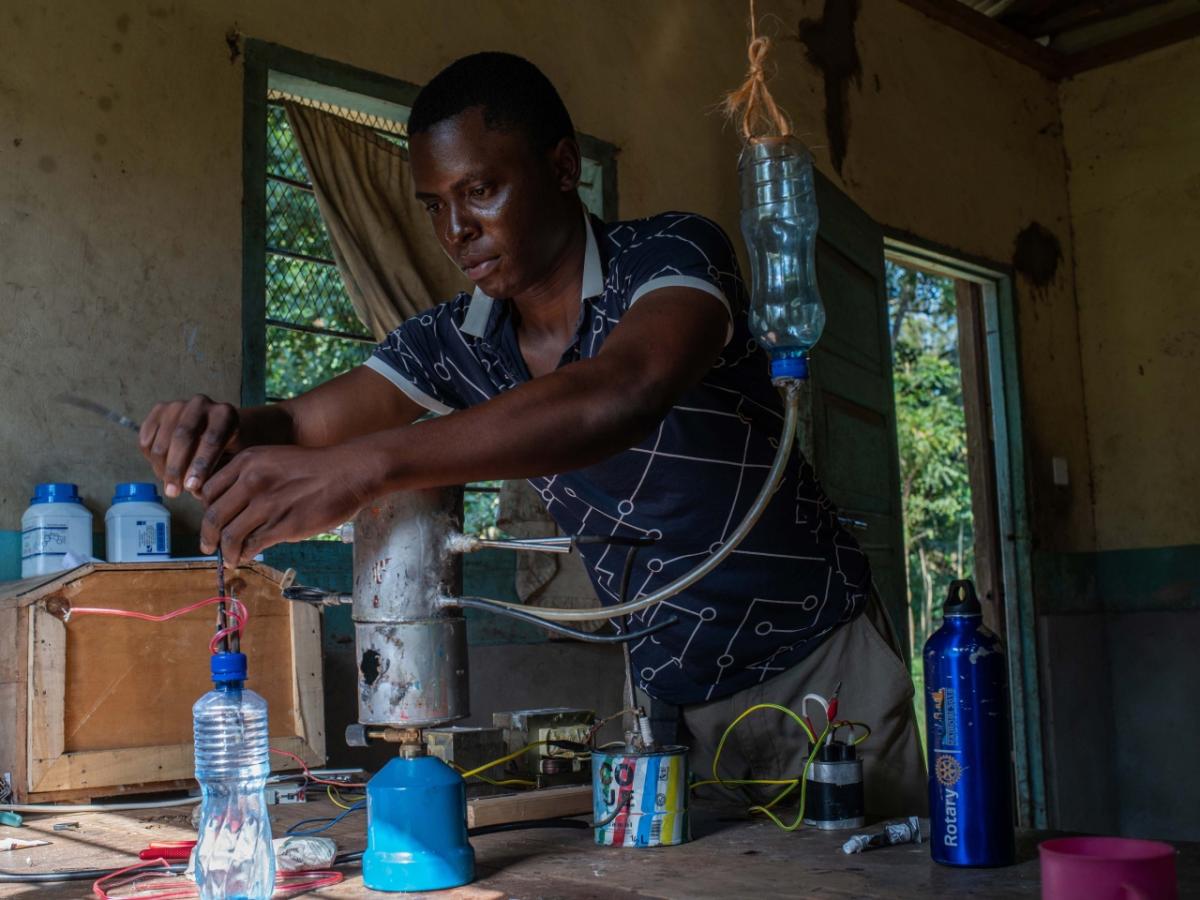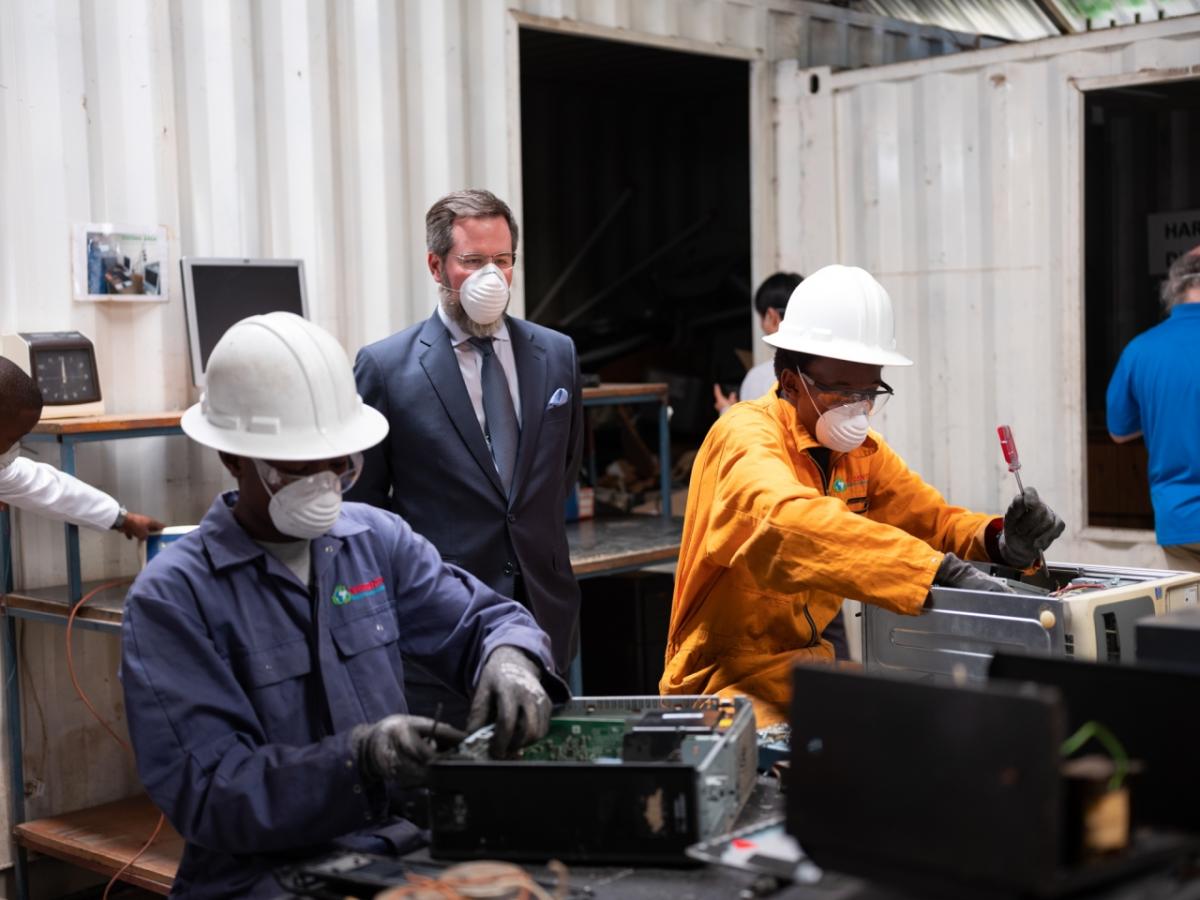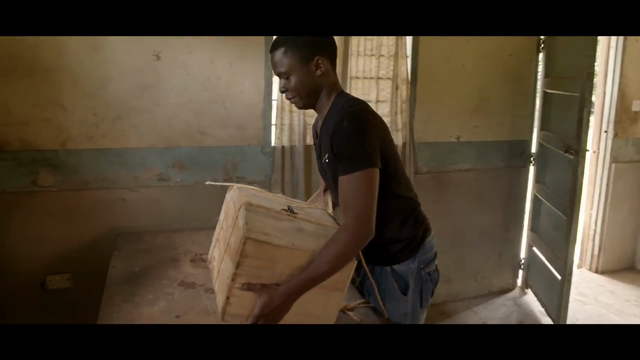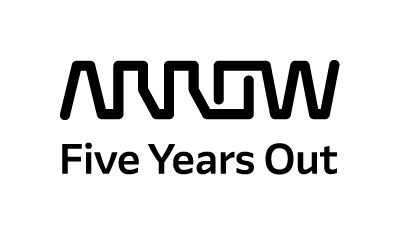Arrow Electronics, Analog Devices Lead Innovation Mission to Kenya with Nonprofit Close the Gap
Technology companies Arrow Electronics and Analog Devices Inc. launched a mission to Kenya this fall to help social enterprise Close the Gap train a new generation of IT workers and support young tech entrepreneurs.
The program, known as Silicon Savanna, reflects Kenya’s promise as a new technology hub.
Executives and engineers for the companies visited Andela, a software collaboration group, and Gearbox, Nairobi’s first maker space, as well as Close the Gap’s new Africa headquarters in Mombasa.
The group also met with economic development and environment officials at the United Nations’ regional headquarters to discuss issues and opportunities around discarded computers and mobile devices, the world’s fastest growing category of waste.
“The Silicon Savanna program helps innovators in Kenya develop tech-based solutions to their own communities’ challenges – and create jobs in the process,” said Brian Hunt, Arrow’s global director of supplier management. “Sharing this opportunity with an important affiliate like Analog Devices adds a new layer to our relationship.”
“ADI's partnership with Arrow in the Silicon Savanna program deepens our relationship beyond the obvious. It was exciting to see the program in Kenya have a holistic approach on education, technology and entrepreneurship with sustainability as a focus,” said Sumit Awasthi, director of Global eCommerce & Channel Marketing for Analog Devices Inc.
Arrow has supported Close the Gap for more than 15 years. Together they have facilitated the donation of more than 800,000 refurnished computers, tablets and phones to schools and organizations in developing nations, including Kenya.
In 2015, they launched the first DigiTruck, a solar-powered mobile classroom. Today, the DigiTruck fleet numbers 10 units in East Africa.
For Silicon Savanna, Arrow and ADI supported a DigiTruck dedicated to providing adults with modern workforce skills and technology access. The truck operates on a circuit that includes Kenya’s two major cities as well as four surrounding counties, serving students aged 16 to 65 living in some of Africa’s largest shanty towns, as well as surrounding rural communities.
By the end of 2020, as many as 3,000 Kenyans will be certified in digital literacy, e-commerce skills and responsible electronic waste handling. More than half of the students are women.
To encourage entrepreneurship, the companies’ representatives served as advisors and judges for LEAP2, a pitch contest for innovators competing to solve social challenges, including finding commercial uses for waste products. Twelve finalists received prize money and have launched crowdfunding campaigns to field test their designs.
Innovations include a residential waste-to-energy generator and a process to transform discarded women’s hair extensions into woven rugs and other products.
Africa has a combined population and market potential as great as China. Earlier this year, Kenya and 26 other nations ratified the African Continental Free Trade Agreement, which creates a multinational free trade zone.
While electricity still is not reliably available nationwide, most adults in Kenya use mobile devices with Internet access to transfer money and conduct business.
Safaricom, Kenya’s largest mobile network operator, announced plans to expand the popular money transfer service M-PESA. Last month, the government approved a data protection law that complies with European Union standards.
And Amazon announced Kenya would be the second African nation to be included in its global infrastructure network to deliver improved network performance.
###

